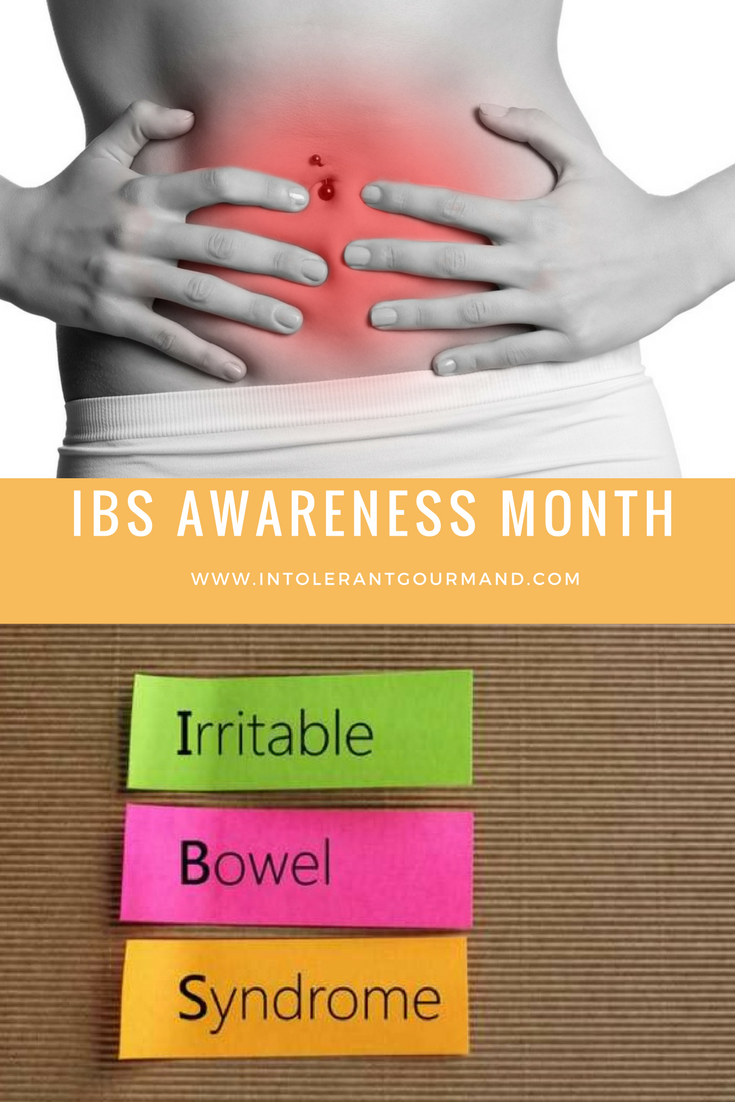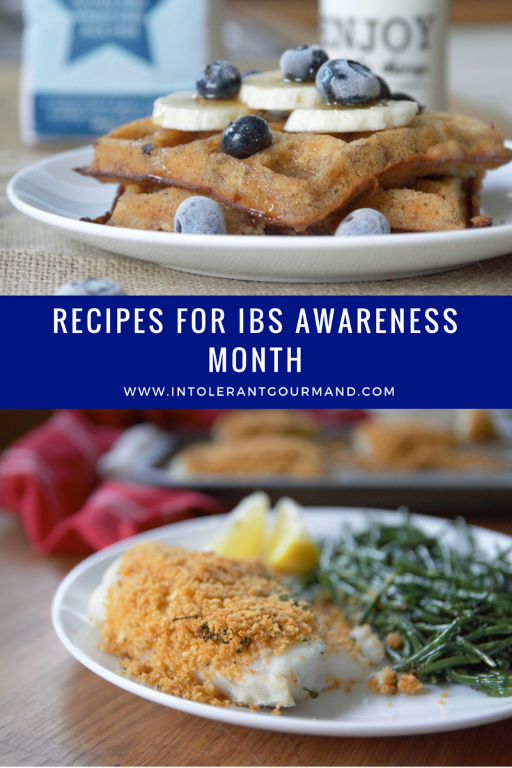IBS (Irritable Bowel Syndrome) is thought to affect as many as 1 in 5 people in the UK, resulting in uncomfortable symptoms and digestive problems.
IBS Awareness Month runs throughout April in the UK and is dedicated to educating people about the symptoms and causes of IBS.
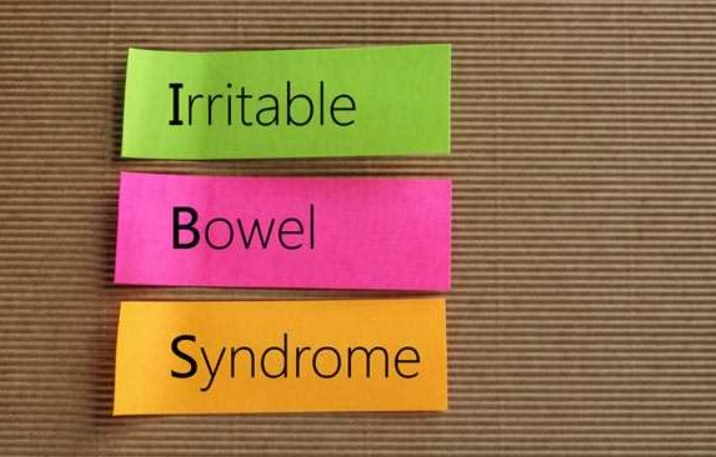 (photo credit: bavolex.com)
(photo credit: bavolex.com)
What is IBS?
Symptoms and how IBS affects people can differ for everyone, but some of the most common symptoms include:
- Bloating and swelling of the tummy
- Abdominal cramping and discomfort
- Changes in bowel habits (constipation/diarrhoea)
- Flatulence
- A lack of energy
- Nausea
- Backache
The symptoms can also trigger anxiety and depression as more severe symptoms can be difficult to control and live with.
Symptoms can be triggered by illness, anxiety and stress, but more often it is a result of food that triggers a chain of reactions and can last a number of days before improving.
This is certainly the case for me!
I have suffered with IBS for many years, and as well as stressful situations, I tend to find that certain foods, such as very acidic or spicy foods, and a1 protein containing dairy cause me to have uncomfortable and often debilitating symptoms.
I’ve mentioned before about my own diagnosis and how I’ve managed to help reduce my symptoms significantly since discovering a2 Milk™ which you can read about here.
For many years, it has been believed that dairy has been a triggering factor for IBS, often misdiagnosed as lactose intolerance due to the symptoms being so similar, but last year a new study suggested that this is no longer the case.
New research astonishingly revealed that a1 protein in dairy has been the culprit, and that a2 milk protein actually does not cause the very symptoms that are associated with IBS. It was a revelation for many!
How is it diagnosed and treated?
Everyone with IBS can react differently to food, so in order to understand what your triggers are, it is advised to keep a detailed food diary. As with allergies and intolerances, it is a very quick way to see if there are any particular triggers, and they will show quickly. Typically, a food diary is kept for a minimum of 6-8 weeks. Your doctor will assess you for IBS if you’ve been experiencing symptoms for more than 6 months, and may suggest blood tests and scans to rule out other conditions with similar symptoms, such as Crohns or Colitis.
Diet is the most successful way of controlling symptoms, and some of the general guidelines to follow include eating a diet high in fibre (though be careful if main symptom is diarrhoea as a sudden increase in fibre can cause problems).
Every person with IBS varies, but the most common culprits for intestinal discomfort tend to be:
- Spices
- Wheat
- Foods with skins – such as grapes and tomatoes (and are some of my biggest triggers)
- Alcohol
Eating regular, nutritious and healthy meals will help. It’s also really important to keep your fluid levels up!
Tea and coffee if drunk to excess, as well as fizzy carbonated drinks can trigger symptoms, so make sure that you drink plenty of water to keep hydrated too.

(photo credit: naturalwayforhealth.com)
Who are we teaming up with during IBS Awareness Month?
It can seem quite daunting when trying to work out what you can and can’t eat if trying to get control of your IBS symptoms, so we’ve teamed up with some of our favourite food and drink companies to help you along the way, including:
We’ve also created a meal plan for a week, featuring some of their products, to show you that you can still have tasty and nutritious food even when being mindful of what you eat.
How can meal planning help?
Meal planning makes a big difference when it comes to sticking to a healthy diet. It is one of the easiest things you can do to help get into the mindset of eating foods that will aid your improvement of symptoms.
Top tips include:
- Working out how many meals you need to plan for the week ahead
- Knowing how much time you have to create meals – do you need to have make-ahead meals, meals you can through in the slow cooker before work, or quick meals that take less than 30 minutes to make
- Using seasonal produce to boost nutrient intake
- Writing out a shopping list will keep costs lower and reduce impulse buying
- Don’t go shopping on an empty tummy, it will make you crave/ want foods you don’t need to buy
What’s coming up?
Starting on Monday, we’ll be bringing you 2 recipes each day to help you start to meal plan, and show that even when being mindful of foods to reduce symptoms, you can still enjoy delicious, simple, easy to make meals that the whole family can enjoy!

So you can get ready for the week, we’ve got a shopping list already prepared for you, just print it out and you’re all set:
Potato & Leek Soup
- Potatoes
- Leeks
- Olive oil
- Vegetable stock
- a2 Milk™
- Salt & Pepper
Cottage Pie
- Olive oil
- 1 pack of beef mince
- 1 pack of bacon lardons
- Leek
- x2 carrots
- Red wine
- Schwartz gluten-free cottage pie mix
- a2 Milk™
- Potatoes
- Goats butter
- Salt & pepper
Overnight Oats with Apple & Cinnamon
- Tesco gluten-free oats
- a2 Milk™
- Schwartz ground cinnamon
- Maple syrup
- Apples
Broccoli & Cauliflower Crumble
- Leek
- Broccoli
- Cauliflower
- Schwartz gluten-free spaghetti bolognese mix
- a2 Milk™
- Free From Fairy gluten-free plain flour
- Tesco gluten-free oats
- Goats Butter
- Hard Goats Cheese
Green Veg Soup
- Olive oil
- Leek
- Packof bacon lardons
- Handful of frozen peas
- Pack of spinach
- Potato
- Vegetable stock
- a2 Milk™
- Salt & pepper
- Pack of ham hock
Crumb Crusted Cod & Samphire
- Goats butter
- Tesco gluten-free breadcrumbs
- Schwartz gluten-free spaghetti bolognese mix
- Fresh parsley
- Salt & pepper
- Fresh cod
- a2 Milk™
- Samphire
Chicken & Mushroom Pasta Bake
- Pack of chicken mini fillets
- Olive oil
- Onion
- Mushrooms
- Schwartz gluten-free peppercorn sauce mix
- a2 Milk™
- Tesco gluten-free pasta
- Hard goats cheese
Beef Stew & Dumplings
- Leek
- 400g braising beef
- Pack of bacon lardons
- x2 carrots
- Mushrooms
- Gluten-free ale
- Perkulatte coffee
- Beef stock
- Free From Fairy gluten-free plain flour
- Natures Store gluten-free dumpling mix
- a2 Milk™
Oaty Waffles
- Free From Fairy self-raising gluten-free flour
- Tesco gluten-free oats
- Baking powder
- Eggs
- a2 Milk™
- Vegetable oil
- Caster sugar
- Vanilla essence
- Maple syrup
Macaroni Cheese
- Tesco gluten-free pasta
- Pack of fresh spinach
- Schwartz gluten-free macaroni cheese mix
- a2 Milk™
- Goats cheese
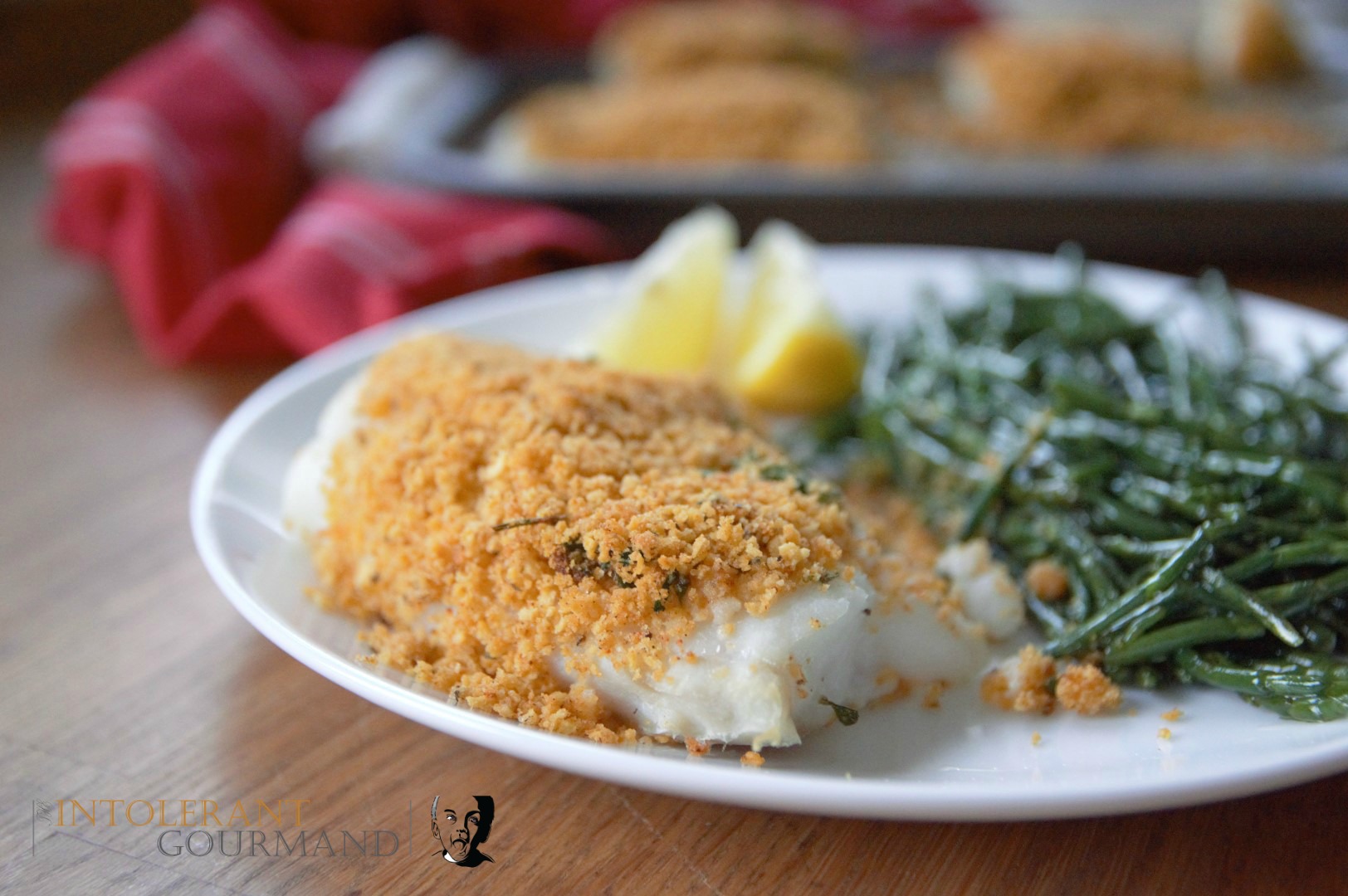
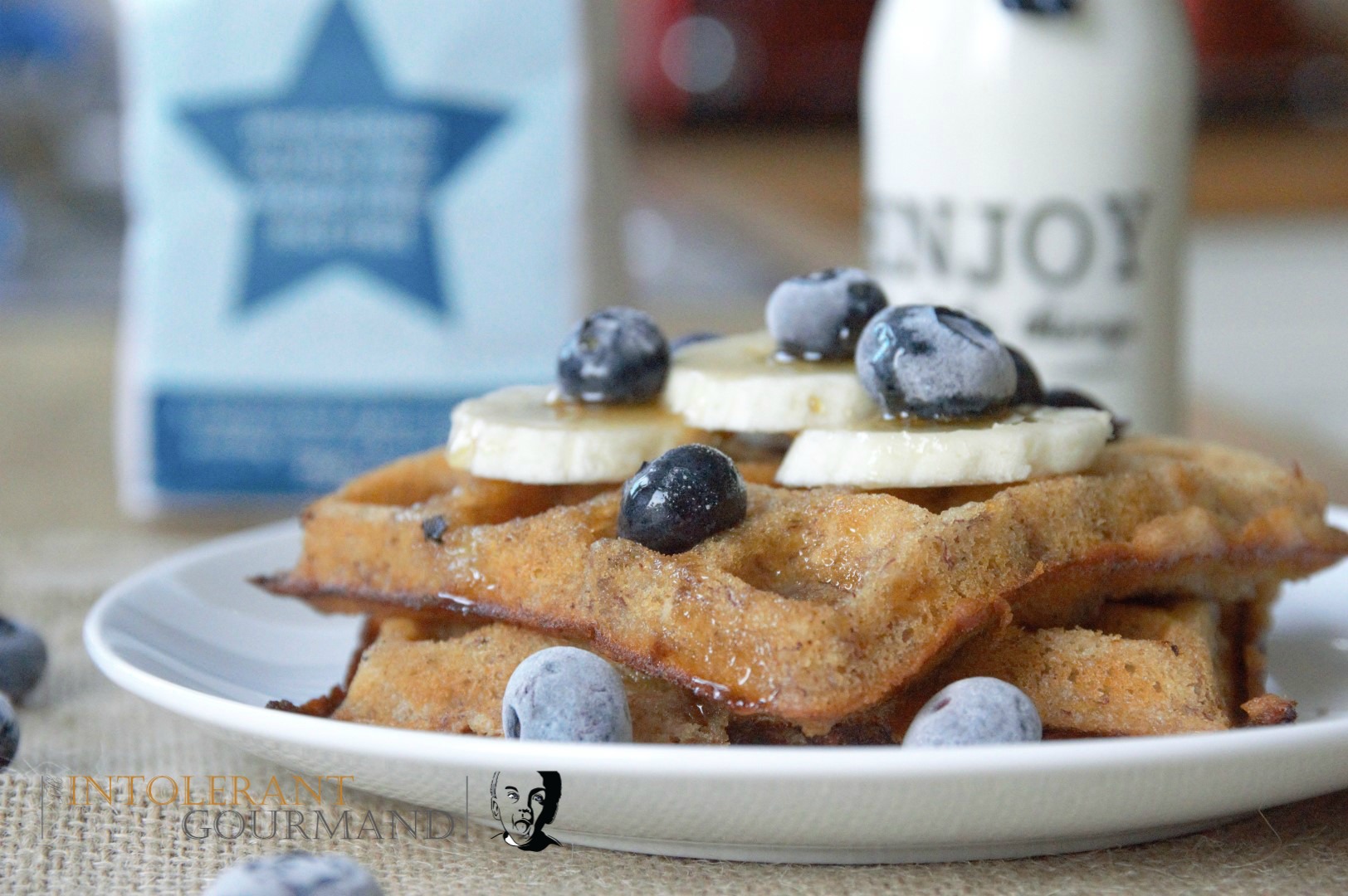
And there’s more!!
To help you out even more, we will have an amazing giveaway that launches at the end of the week, featuring many of the products we use throughout the week, so you can try them out for yourself!
